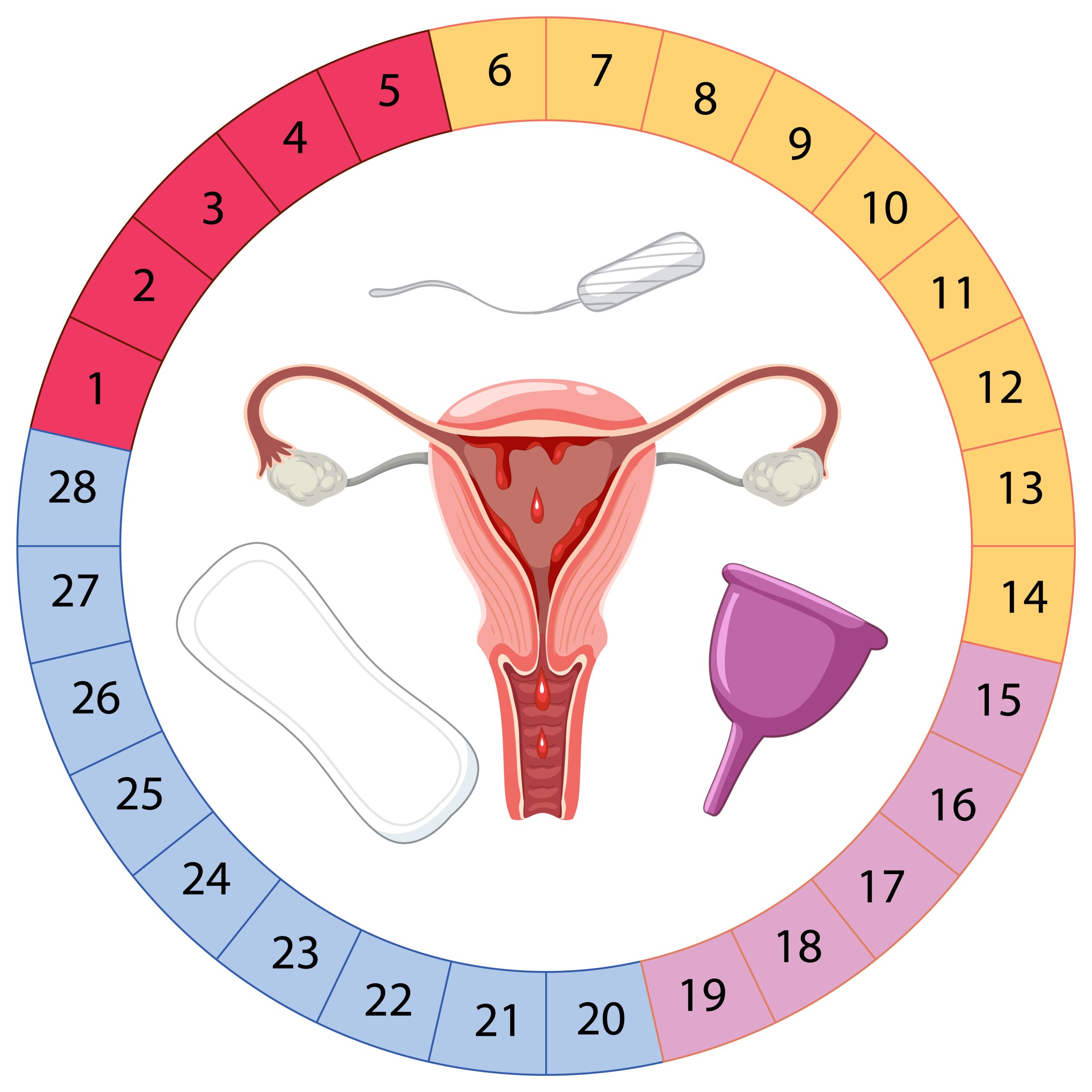When it comes to family planning, knowing your ovulation timing can be a game-changer! Whether you’re trying to conceive or avoid pregnancy, understanding when you ovulate helps you take control of your reproductive health. Let’s dive into how you can calculate your ovulation and why it matters.
What Is Ovulation?
Ovulation is the process where your ovary releases an egg, typically occurring in the middle of your menstrual cycle. Once released, the egg survives for 12 to 24 hours, while sperm can live in the reproductive tract for up to five days. This creates a fertile window where conception is most likely to occur.
How to Calculate Your Ovulation Timing
Here are some simple methods to help you pinpoint your ovulation:
1. Menstrual Cycle Tracking
- If you have a regular 28-day cycle, ovulation usually occurs around day 14.
- For longer or shorter cycles, subtract 14 from your cycle length to estimate ovulation.
2. Basal Body Temperature (BBT) Charting
- Your BBT slightly rises (by about 0.5°F) after ovulation.
- Tracking your temperature daily helps identify patterns over time.
3. Cervical Mucus Method
- Your cervical mucus changes throughout the cycle.
- Around ovulation, it becomes clear, stretchy, and slippery, resembling egg whites.
4. Ovulation Predictor Kits (OPKs)
- These test for a surge in luteinizing hormone (LH), which happens right before ovulation.
- A positive result means ovulation is likely within 24-36 hours.
5. Ultrasound and Hormonal Tests
- If you need more precise tracking, a gynecologist can conduct ultrasounds or blood tests to check ovulation.
Why Ovulation Timing Matters
Knowing your ovulation timing can:
- Boost Your Chances of Pregnancy – Time intercourse around ovulation for better conception rates.
- Help Avoid Pregnancy Naturally – Use the fertility awareness method (FAM) if you prefer natural contraception.
- Detect Reproductive Health Issues – Irregular ovulation can signal hormonal imbalances, PCOS, or thyroid problems.
- Improve IVF Success – Precise ovulation tracking can enhance assisted reproductive treatments.
When to See a Doctor
If you’re struggling to conceive or have irregular cycles, consulting a gynecologist is a smart move. They can guide you through the best fertility strategies tailored to your needs.
Final Thoughts
Understanding your ovulation timing isn’t just about getting pregnant—it’s about taking charge of your reproductive health. Start tracking today and see how it transforms your family planning journey!
Stay informed with House of Gynaecologists! Have questions? Drop them in the comments below!

